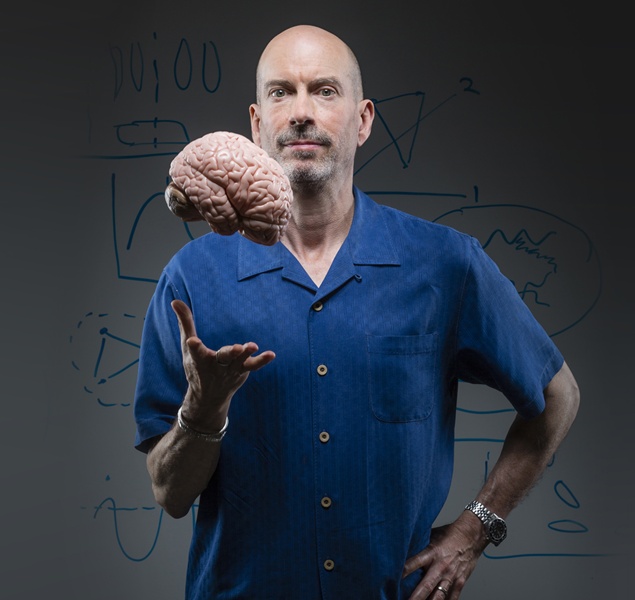
CBMM Brains, Minds, and Machines Seminar Series: Something Else About Working Memory
Description
Abstract: Working memory is the sketchpad of consciousness, the fundamental mechanism the brain uses to gain volitional control over its thoughts and actions. For the past 50 years, working memory has been thought to rely on cortical neurons that fire continuous impulses that keep thoughts “online”. However, new work from our lab has revealed more complex dynamics. The impulses fire sparsely and interact with brain rhythms of different frequencies. Higher frequency gamma (> 35 Hz) rhythms help carry the contents of working memory while lower frequency alpha/beta (~8-30 Hz) rhythms act as control signals that gate access to and clear out working memory. In other words, a rhythmic dance between brain rhythms may underlie your ability to control your own thoughts.
---
This seminar talk will be hosted remotely via Zoom.
Zoom link: https://mit.zoom.us/j/96121350408?pwd=ZU1seGNLSWkvS2xBTGM3SlhjaDNXQT09
Passcode: 405475
Speaker Bio
Earl K. Miller received his Ph.D. in Psychology and Neuroscience from Princeton University. After postdoctoral training at the National Institute of Mental Health, he joined the Department of Brain and Cognitive Sciences and the Picower Institute for Learning and Memory at MIT in 1995.

